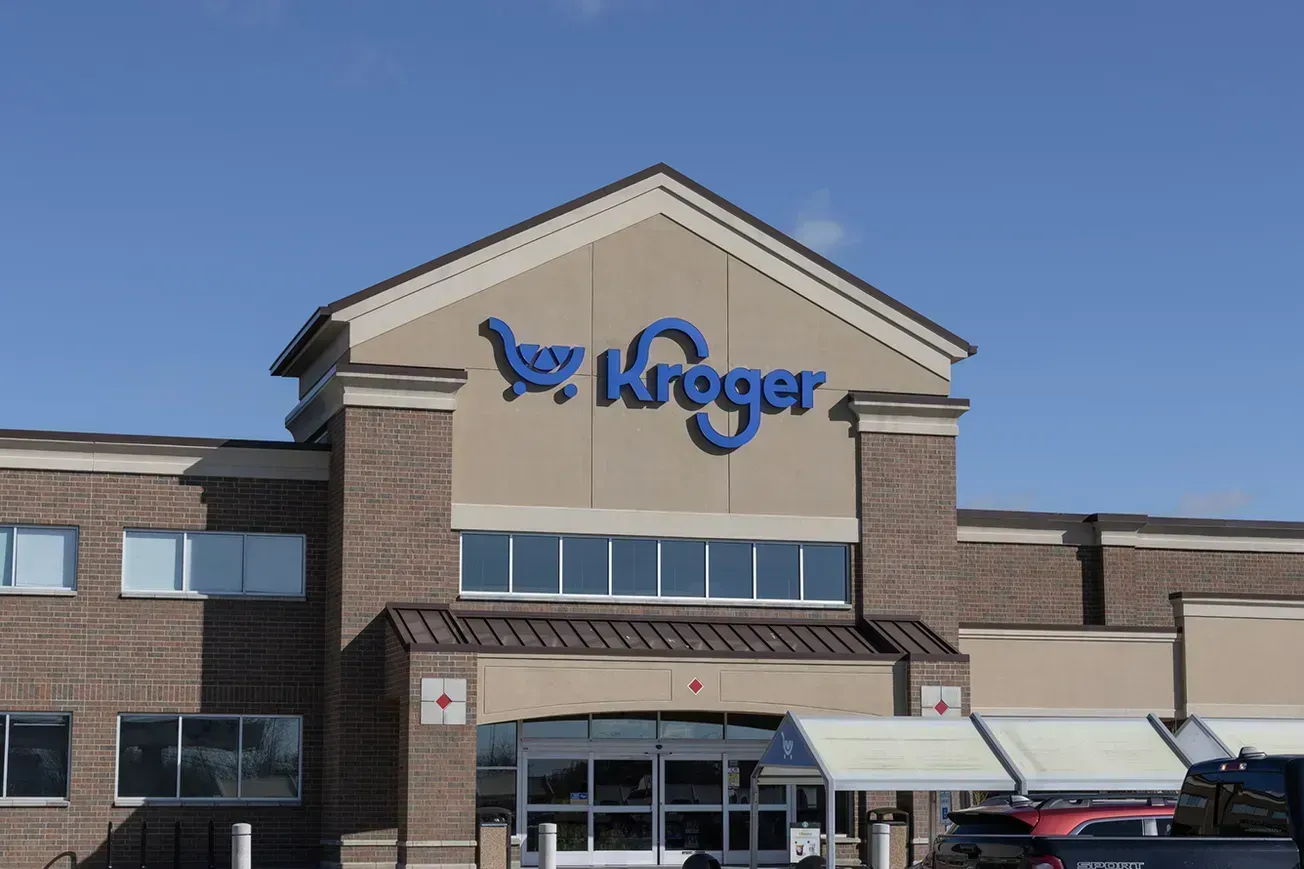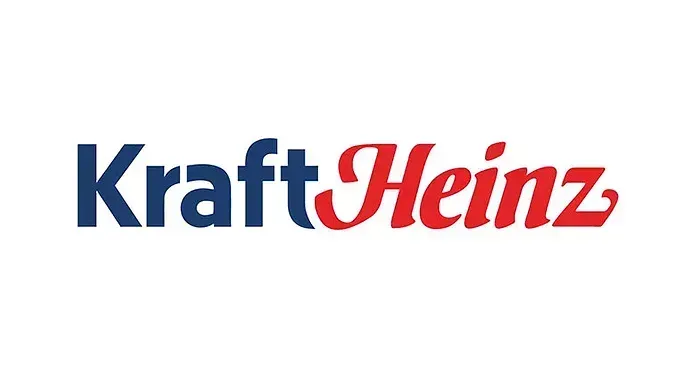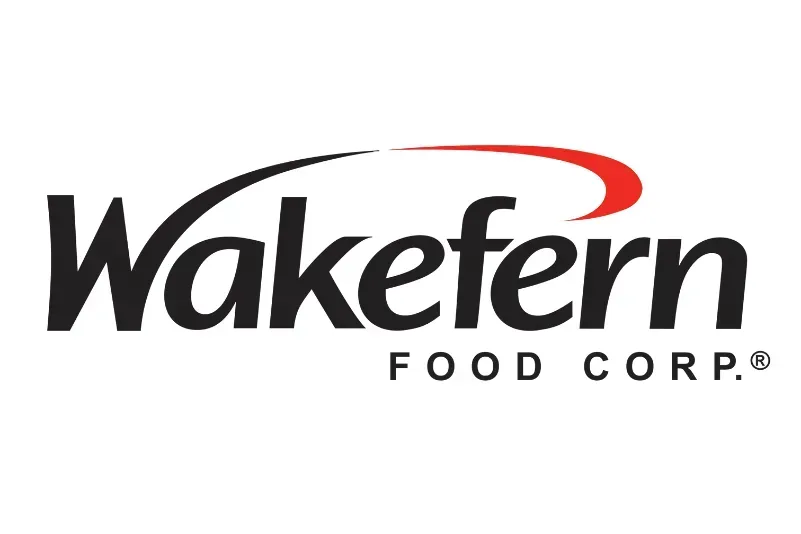CVS Health is once again a catalyst for positive change. Appearing at the company’s investor day earlier this month, CEO Karen Lynch and other members of senior management unveiled initiatives intended to accelerate the shift toward integrated care and transform the pharmacy reimbursement model.
 One of the projects involves the creation of a new brand — CVS Healthspire — for the company’s health services business. By uniting Caremark, Cordavis, MinuteClinic, Oak Street Health and Signify Health under one umbrella, the company is putting the spotlight on its belief that, by extending the continuum of care, it can enhance patient access, improve outcomes and lower costs. Users of CVS Health’s physical and digital assets have already started to encounter messaging reminding them that all of the services are part of a larger integrated ecosystem.
One of the projects involves the creation of a new brand — CVS Healthspire — for the company’s health services business. By uniting Caremark, Cordavis, MinuteClinic, Oak Street Health and Signify Health under one umbrella, the company is putting the spotlight on its belief that, by extending the continuum of care, it can enhance patient access, improve outcomes and lower costs. Users of CVS Health’s physical and digital assets have already started to encounter messaging reminding them that all of the services are part of a larger integrated ecosystem.
Perhaps of greater significance for the company — and the prescription drug market as a whole — is the new approach to pharmacy reimbursements. CVS CostVantage, available for PBMs’ commercial clients beginning in 2025, will utilize a formula involving a medication’s actual cost, a standard markup and a fee for pharmacy care to determine the reimbursement rate. Replacing the byzantine practices currently holding sway in the industry, the paradigm puts a premium on transparency, making it easier for patients and payers to understand the true cost of care. Equally important, it will make the business of retail pharmacy more predictable and sustainable.
A parallel program at CVS Caremark, TrueCost, will offer the PBM’s customers a pricing model that reflects the net cost of medications and provides visibility related to administrative fees. Executives indicate that TrueCost will help ensure patients have stable access to network pharmacies and offer reassurance that their plan is receiving the best possible price, as well as giving payers another compelling alternative when deciding among coverage options.
CVS Health isn’t the only company aiming to change the status quo. The Mark Cuban Cost Plus Drug Co., to cite just one prominent example, is taking a similar tack. Proponents of new approaches hope to demystify the current model, the long-term —viability of which looks uncertain at best.
PBMs are under intense pressure from members of Congress and state legislators, and the Federal Trade Commission is investigating the industry’s business practices. The need for a new paradigm is evident. CVS Health deserves credit for stepping up and lending its considerable weight, as both the nation’s largest pharmacy operator and the leading PBM, to the quest for a solution to the current system’s considerable shortcomings.






